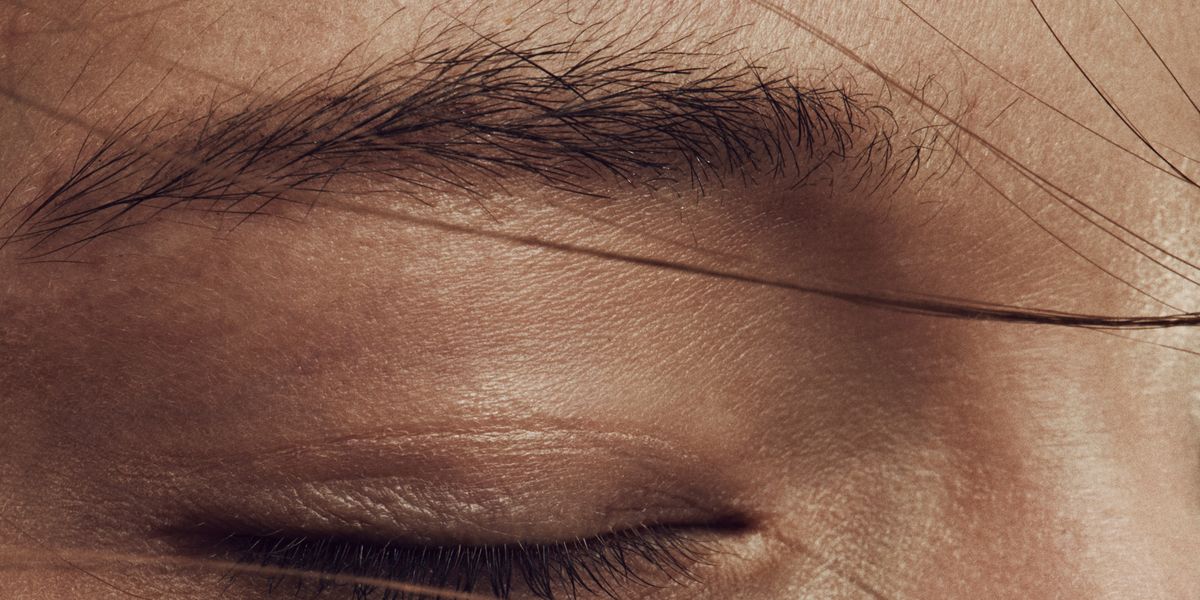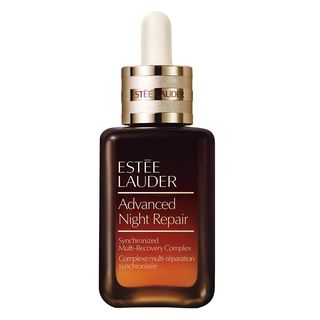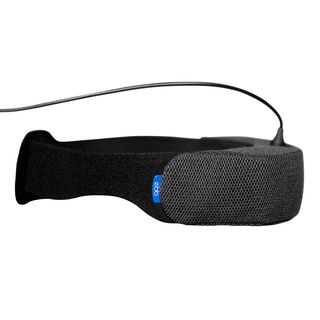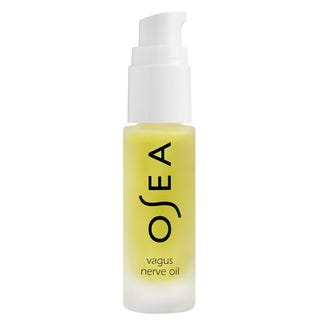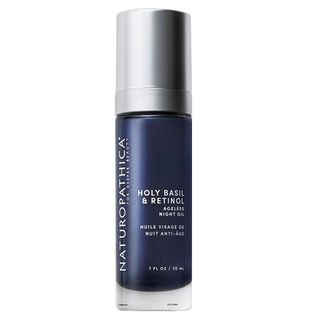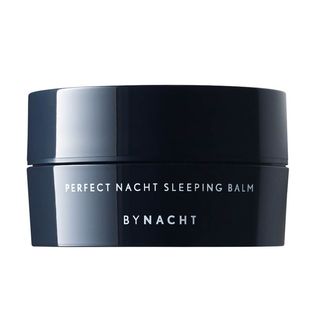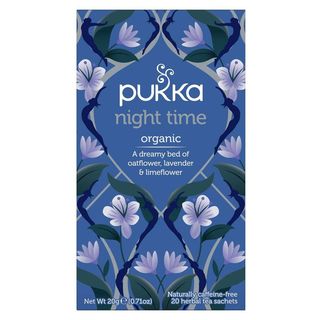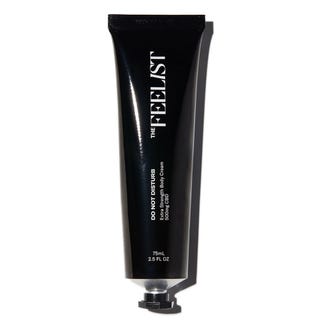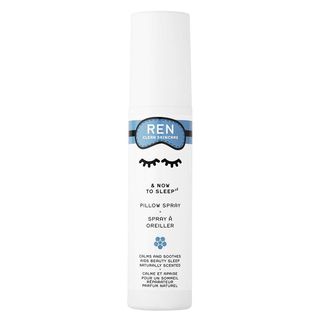Imagine a podcast that gets around 3 million downloads a month, but no one is meant to listen to it. During Drew Ackerman’s Sleep With Me, the host tells mind-numbing bedtime stories solely to put you to sleep. Not a bad business model, considering that up to 70 million Americans report some kind of sleep disorder, according to the Centers for Disease Control and Prevention (a number that could climb in 2020 as more people, particularly women, suffer from “racing mind,” says sleep psychiatrist Eric Nofzinger, MD).
Getting at least seven hours of sleep is life-altering: It improves mental tenacity, coping ability, metabolism, and immune function. And if beauty is your motivation, there’s incentive for your skin, too. A study published this year in the journal Nature Cell Biology confirms a direct link between hiccups in your circadian rhythms (the body’s sleep, wake, and eat pattern) and the skin’s ability to synthesize collagen. “Think of sleep as food and water for your skin,” says New York dermatologist Whitney Bowe, MD. “When you disrupt the circadian rhythms, you’re more susceptible to environmental damage. Chronic sleep deprivation can exacerbate acne and inflammation, and persistently high levels of cortisol will break down collagen.”
While 25 percent of skin aging can be attributed to genetics, a whopping 75 percent is influenced by epigenetics, or environmental and lifestyle factors like sleep. When beauty company Estée Lauder commissioned a study to examine the relationship between poor sleep quality and accelerated skin aging, the results, published in the journal Clinical and Experimental Dermatology in 2014, prompted the brand to reformulate its iconic Advanced Night Repair Complex, which originally launched in 1982. The most dramatic change to the serum is a new “activator” (a blend of peptides and yeast extract) linked to the discovery of a tiny microsignaling molecule. “[In studies,] when we decreased the level of this molecule, skin’s natural nightly repair signal also slowed down,” says Estée Lauder’s Nadine Pernodet, PhD, vice president of Skin Biology and BioActives Global Research and Development. The new activator is designed to send more of those skin-rejuvenating signals.
Skin is simply more receptive in the wee hours, when the rebuilding process kicks into high gear. The nighttime skincare brand Bynacht uses aromatherapy to help you sleep while targeting inflammation. Naturopathica Holy Basil & Retinol Ageless Night Oil ($124) promotes repair with microalgae (which mitigates cortisol spikes) and retinol—key to improving radiance and reducing signs of aging.
As for actually shifting into sleep mode? “Your body is more likely to enter deep sleep if the temperature in your bedroom is on the cooler side,” Bowe says. And don’t hit Snooze. “If we spend too much time in bed beyond our real sleep need, our sleep becomes lighter and more fragmented as those precious sleep hours are distributed over a longer period,” Nofzinger explains. Finally, don’t go to bed unless you feel sleepy—“That wave of sleepiness is the optimal cue,” says Nofzinger—and if you’re not out after 30 minutes, get up and do something nonstimulating until the sensation returns. A boring bedtime story, perhaps?
This article appears in the September 2020 issue of ELLE.
This content is created and maintained by a third party, and imported onto this page to help users provide their email addresses. You may be able to find more information about this and similar content at piano.io
